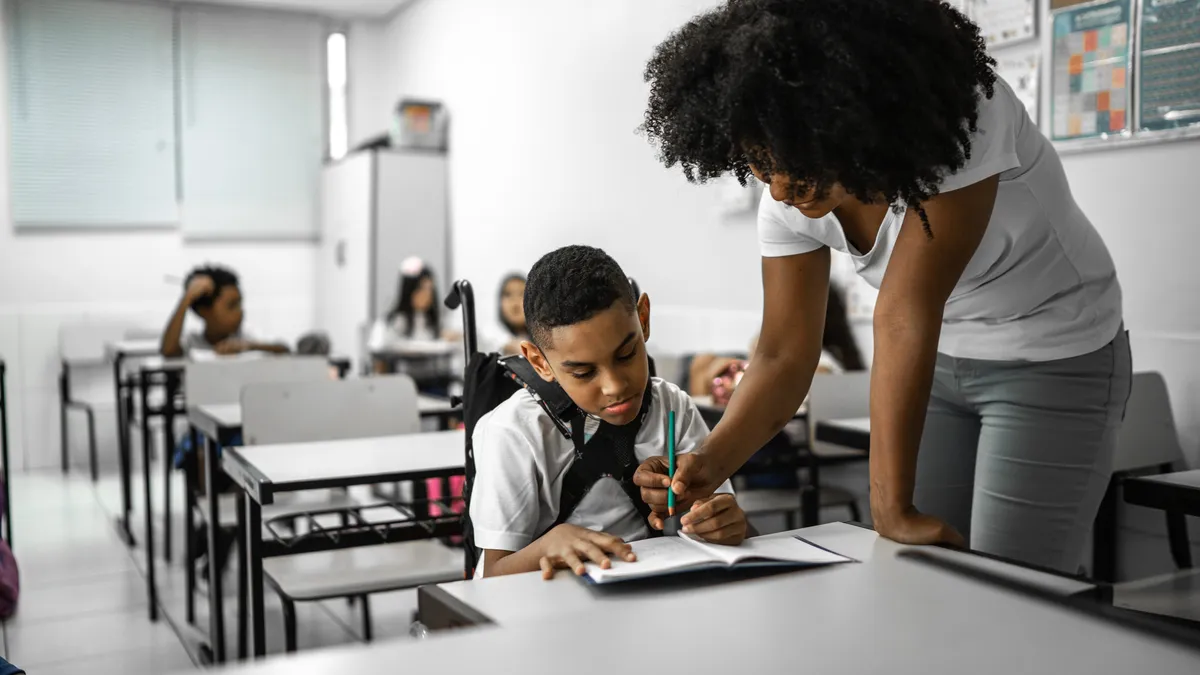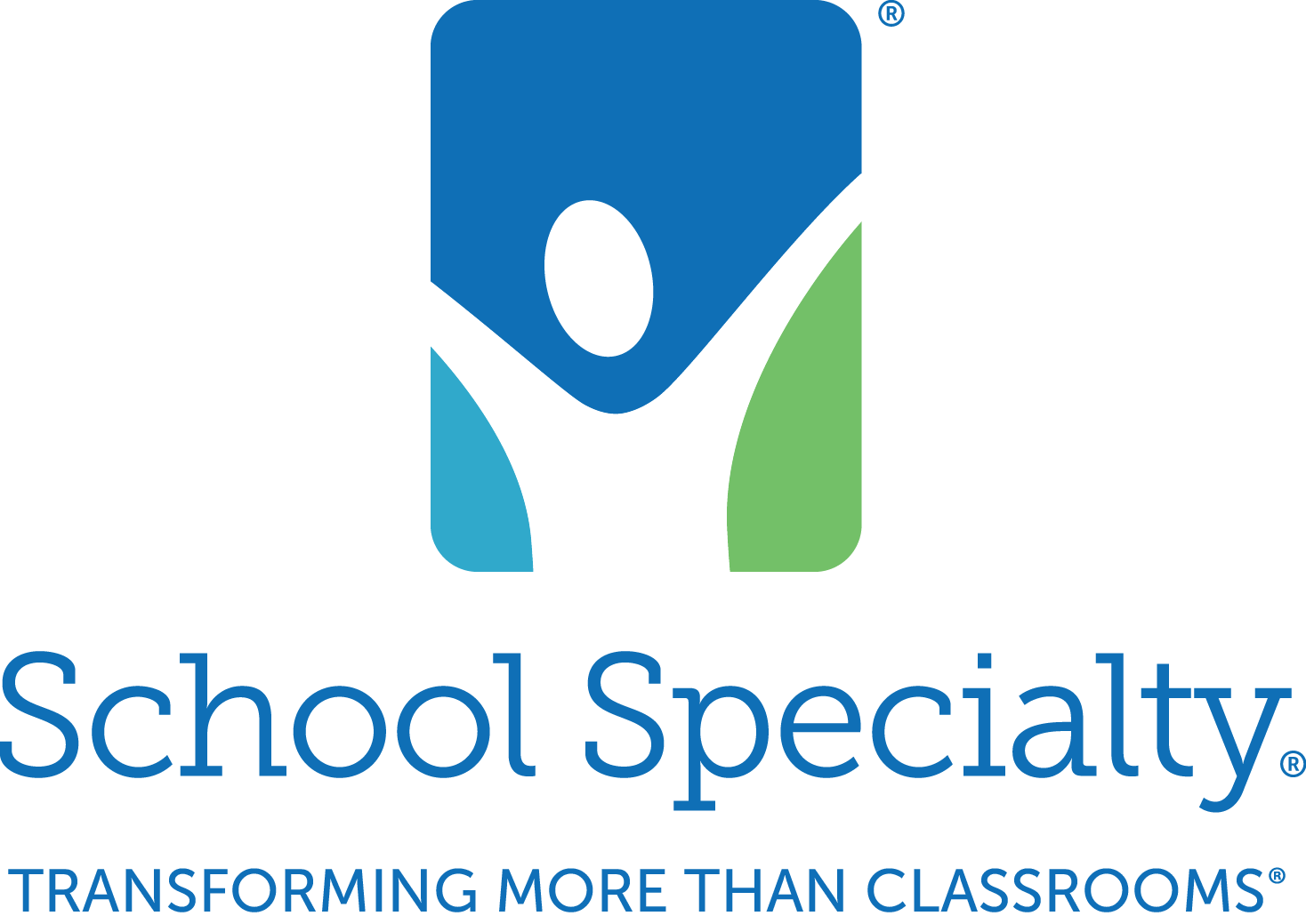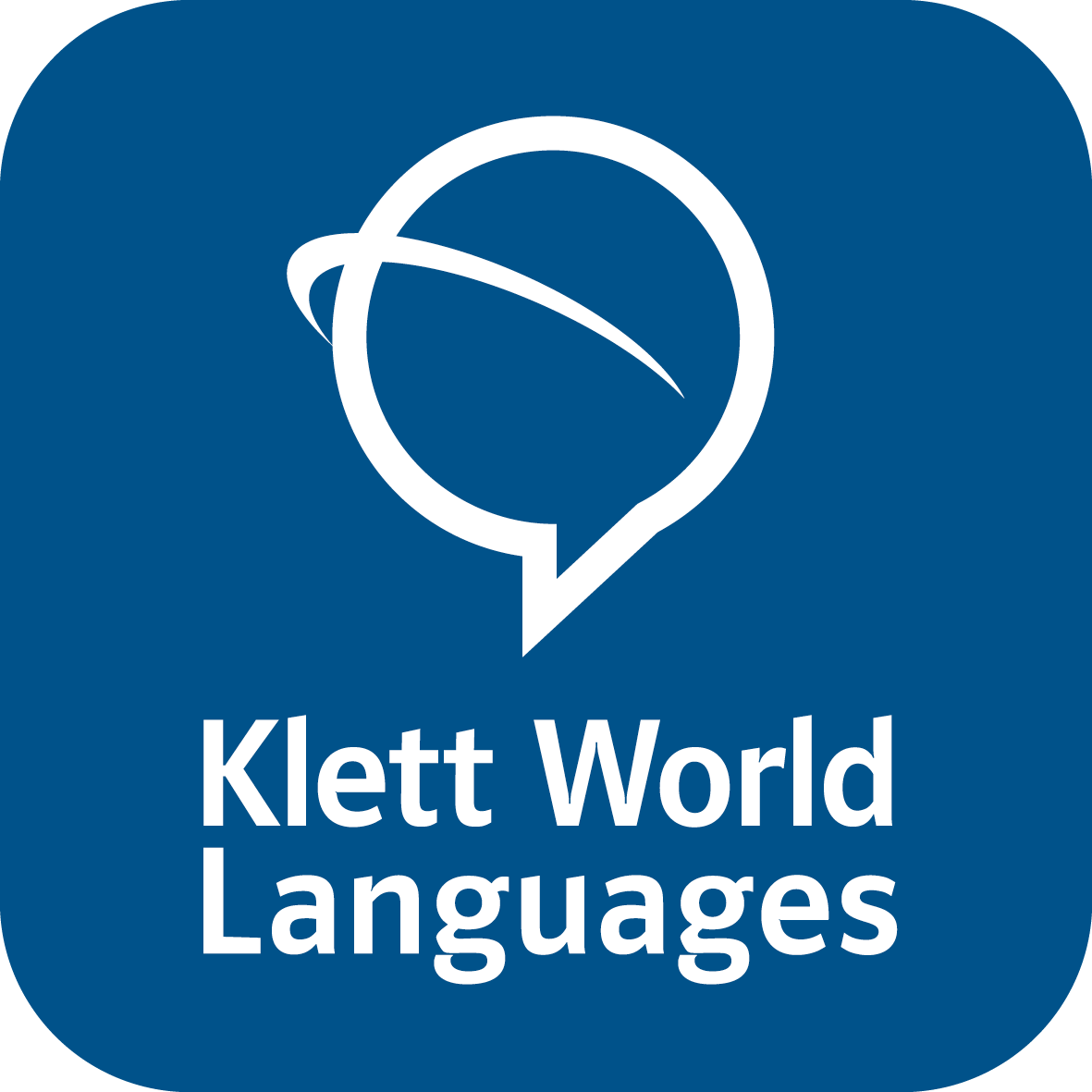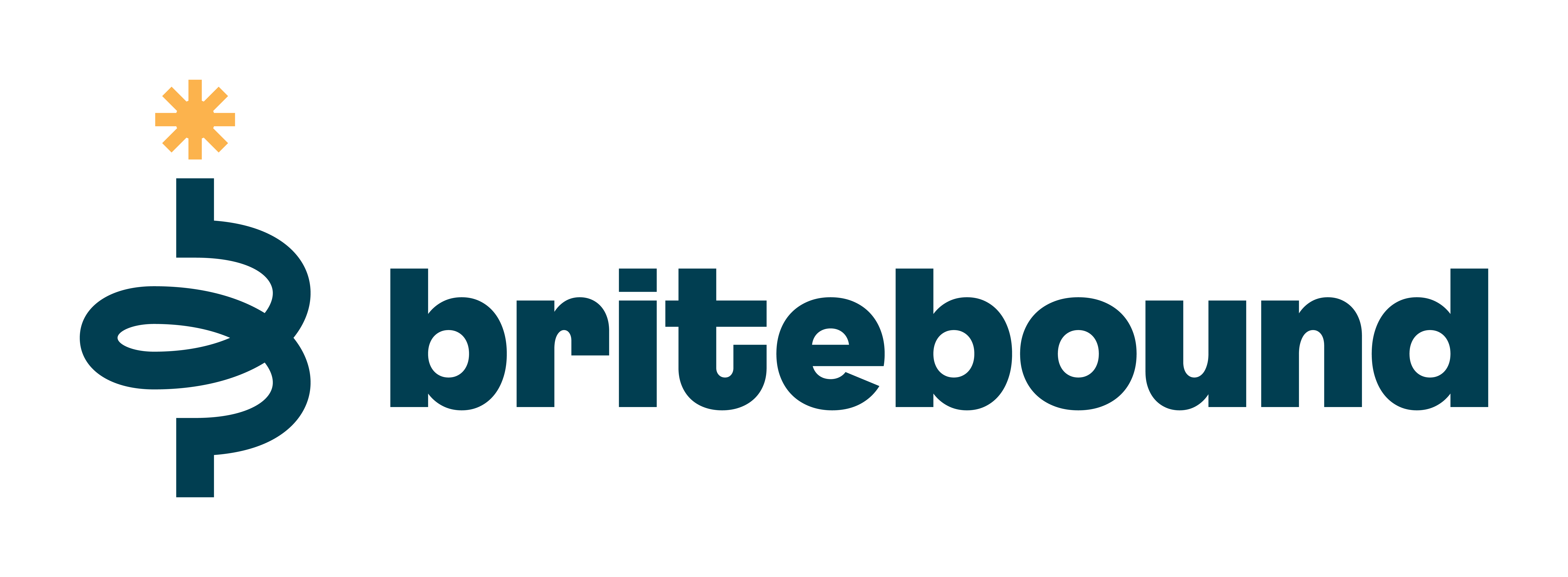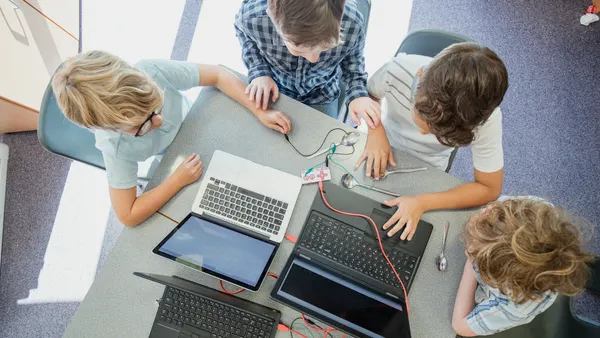Dive Brief:
- Some 67 tech companies and associations have signed a pledge supporting the Trump administration's goal of making artificial intelligence education accessible to all students, the White House announced Monday.
- Each signee, according to the pledge, promised to “provide resources that foster early interest in AI technology, promote AI literacy, and enable comprehensive AI training for educators.”
- Just a day after the pledge was announced, the Senate struck down a "Big, Beautiful Bill" provision that would have put a 10-year moratorium on states imposing AI regulations. Opponents of the moratorium argued that a pause on legislative guardrails would threaten children’s safety online.
Dive Insight:
The “Pledge to America’s Youth: Investing in AI Education” signals Trump’s priority to establish public-private partnerships as a key part of rolling out the president's executive order on AI in K-12, said Sara Kloek, vice president of education and children’s policy at the Software & Information Industry Association.
Companies that signed the pledge, which include Google, IBM, MagicSchool, Meta, Microsoft, NVIDIA and Varsity Tutors, are expected to release more detailed plans on their commitments throughout this week, Kloek said.
As they do so, Kloek said, she is hopeful that more companies will step up to work on the initiative with education stakeholders like educators, parents and students.
SIAA, which also signed the pledge, said it would create a working group among its corporate members to develop strategies for transparently disclosing how AI tools are used in the classroom. “These best practices will help companies communicate to the K-12 community, parents, and students about AI’s use in school environments and equip them to responsibly use it,” SIIA said in a Monday statement.
In a statement Monday, U.S. Education Secretary Linda McMahon shared excitement that “so many organizations” had signed the pledge.
“It is clear there is a lot of energy about AI and how it can be used responsibly in education,” McMahon said. “The resources and tools that have been pledged through this initiative will help our teachers and learners leverage AI in classrooms and communities across America.”
Meanwhile, senators voted overwhelmingly — 99-1 — early Tuesday morning to strip a proposed AI moratorium, before Republicans narrowly passed the full reconciliation bill on the slimmest of majorities, 51-50, with Vice President JD Vance providing the tie-breaking vote.
The House version, which was approved in May, would impose a 10-year moratorium on state regulations for AI. The House and Senate must now work out their differences in the legislation before it can go to Trump for signature.
AASA, The School Superintendents Association, signed onto a June 27 letter with over 140 other groups opposing the AI moratorium in the House version.
In a Monday statement, AASA said the moratorium would protect “tech and AI more than students and children.”
“This provision would wipe out virtually all existing and future state AI laws, giving AI companies exactly what they want: no rules, no accountability, and total control,” AASA said. “As organizations working on the frontline of the consequences of AI development with no guardrails, we know what this would mean for our children.”




